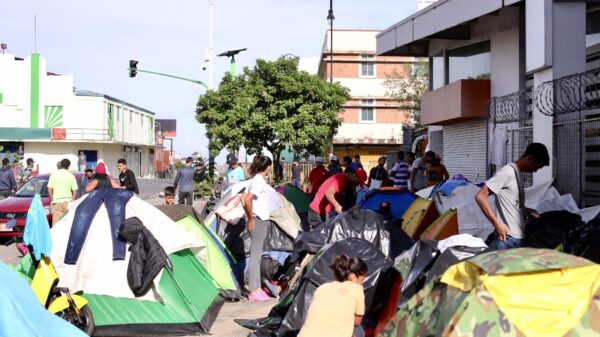Why is malnutrition so high in a territory with great agricultural potential like Jewrwa, in the Sierra Nevada de Santa Marta? This concern led representatives of the Arhuaca community and the Colombian Soydoy foundation to come up with a novel proposal, which was awarded among the three best in the 2021 Local Innovators Competition. The solution includes the creation of new social fabrics that sustainably promote food security and place women as protagonists.
According to figures from social leaders, at least 7 out of every 10 people suffer from malnutrition in this mountain area of Valledupar. The town is home to 430 families who live off self-consumption agriculture, but with little variety of options for planting and eating. Thus, the project ensures that the community receives greater training in food safety to grow food and prepare various recipes that allow for better nutritional quality.
To achieve this, they proposed the creation of “Ísuyas”, which in the native language of Jewrwa means “weaver”. These are spaces of trust, healing and strengthening of the social fabric. “Conversations will be facilitated in the kitchens of homes, which will help build relationships of trust between women, increasing their support networks, through the exchange of experiences and knowledge,” states the presentation of the initiative.
Female empowerment
“We see that the role of women is important within families as responsible for preparing food and caring for gardens, but at the same time it appears to be of little relevance, visible and valued among the population. Our proposal is based on giving relevance to their role and taking it as a leverage point through the creation of spaces of trust, the Ísuyas, in which there is active listening and sisterhood. It is about building social fabric around kitchens as a space for healing in order to combat food insecurity,” he explained. Andrea Escobar, co-founder of Soydoy.
The solution also includes creating a hotbed and organizing events, such as food festivals, where families can share new recipes with the community. Another of the problems identified in Jewrwa is that there are not many ties of friendship among the population. And one of the foundation's conclusions is that this lack of support networks is one of the root causes of food insecurity and malnutrition.
“Women will be protagonistss within the Ísuyas and also as community promoters; They will be true agents of change to replicate the models in other Ahuarco towns. Our goal is to reach 300 women in 18 months through the reproduction of the Ísuyas,” Escobar said at the end of 2021. “This is an innovative and distributive solution that promotes systemic change through the role of women in Ahuarca community, and bases its sustainability on the empowerment they will have both in their families and those around them,” added the social entrepreneur.
Search for consensus
The networks of change – defined by Andrea Escobar – served to include the vision of women as agents of change in the community. And it was after a process of active dialogue and search for consensus. “With this process we made peace with the community and with the problem, understanding that its approach had to change. That was already a winner. We are a diverse team with many perspectives. The Local Innovators Contest came when we needed a change, it helped us think about ourselves in our local projects for the future,” reflected the members of the Soydoy team.
The new spaces for building trust, healing and community strengthening to promote nutritional food security in the mountains of Valledupar are already underway and looking for financing. The project hopes that 75% of women in Jewrwa will adhere to the Ísuyas and, in this way, reduce their malnutrition by 20% in the first 8 months.
(*) The Local Innovators Competition was organized by RIL, Ashoka, CoLab and Vía Educación, and has the support of Pes Latam and IBM. Now you can read news about the 2022 Program in our site.
